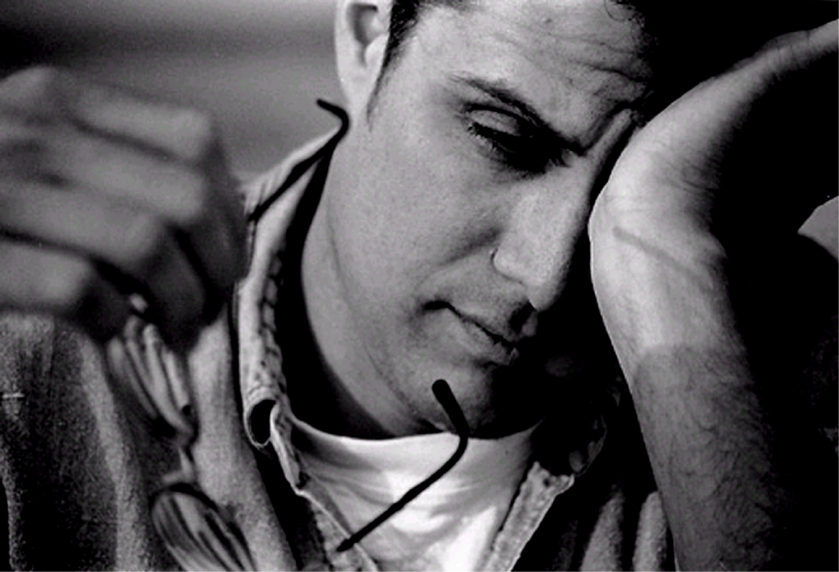
Do you worry?
Do you have too many nights tossing and turning, your brain tormenting you with an endless loop of thoughts that you can’t dislodge?
Worry is exhausting.
Worry leads to poor sleep setting us up at a cognitive disadvantage the next morning as we groggily (and grumpily) prepare for another day at the office.
Worry can make us sick – it activates the brain’s threat response, which continues on a slow burn until resolved. Sometimes we know when we are worried or fearful, but sometimes worry runs at an unconscious level. Unless addressed excess worry compromises our brains’ ability to think well. We find it harder to maintain attention and we chew up a lot of our brain’s resources dealing with the worry rather than other tasks.
Too much worry affects our immune system. We become more susceptible to illness, we get more colds and bouts of ‘flu. We take time off due to sickness. Absenteeism costs the economy an average of $24 billion each year.
Presenteeism where an employee is at work but not performing to their expected capacity, costs the Australian economy over $34 billion every year.
Worry puts us at risk of poor mental health – particularly anxiety and or depression.
With depression now the second leading cause of workplace disability globally and levels of anxiety escalating, there appears to be plenty to worry about.
We expect our workplace to provide us a high level of safety. We have legislation to help us achieve that. Which is fine for our physical safety, but how many workplaces are brain safe?
At a mental health forum held in Perth last week, Timothy Marney the Mental Health Commissioner spoke about how while much positive work is being done to reduce the stigma of mental illness in the workplace, much remains to be done to continue to educate and build awareness of how to recognise and manage mental illness. He suggested the need for a dedicated mental health officer for every organisation.
Other speakers spoke about the need for all employees to attend Mental Health First Aid courses.
But what if the source of the worry was addressed first?
What if the uncertainties we face around our job security, expectations and organisational change were addressed adequately – with clear and effective communication?
What if those workplace toxicities of bullying, micromanagement and discrimination were effectively dealt with – by understanding what the brain perceives as threat and how to respond?
Creating a workplace that makes us feel safe; respected, valued and motivated to contribute to a higher purpose can allay those worries, fears and anxieties. Alleviating worry, whether by a conversation, an enquiry or reassuring hug makes us feel better. We feel more confident, more capable and able to move forwards.
It’s not hard to achieve.
It’s not rocket science either…. It’s based on brain science.
With so much worry around, can we afford not to address what it takes to
- Build emotional resilience
- Build brain awareness of how our brains best operate
- Build a framework for a workplace culture based on trust, engagement and fulfillment?
Developing a high performance brain starts by getting rid of all this worry.
Are you ready to learn how to go ‘worry–less’?

